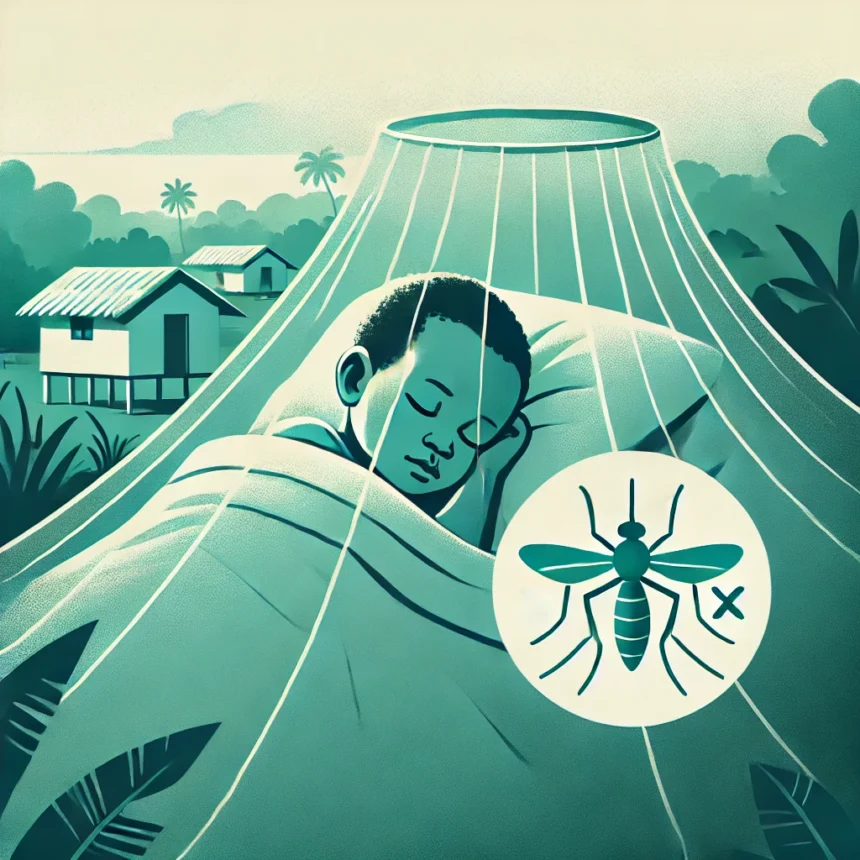Malaria remains one of Nigeria’s most important health issues, with serious social and economic consequences. Despite different efforts to combat the disease, the government loses a staggering $1.1 billion every year as a result of its impact. This loss is attributed to higher healthcare expenditures, decreased productivity, and increased burden on families and communities. Prof. Muhammad Ali Pate, Nigeria’s Coordinating Minister of Health, recently placed light on the urgency of this situation, calling for a multi-sectoral approach to effectively combat malaria.
MUST READ;Emergency Preparedness Through Healthy Food Choices: A Guide to Stocking Up for Unexpected Situations
The Scope of Malaria in Nigeria
Nigeria contributes for a significant part of global malaria cases and deaths. According to the World Health Organization, the country has the highest malaria burden, with millions of cases reported annually. Vulnerable groups, such as children under five and pregnant women, are disproportionately affected. Malaria’s economic impact comes from:
Healthcare Expenditure: Households devote a considerable amount of their income to treatment, diagnosis, and preventive measures.
Production Losses: Affected persons are unable to work, go to school, or contribute to household income, resulting in a decrease in overall production.
Mortality Costs: The loss of life, particularly among the young and economically active, has long-term implications for economic development.
Challenges in Combating Malaria
Several causes contribute to Nigeria’s malaria crisis:
Malaria prevention and treatment continue to get insufficient financing, despite international and local efforts.
Infrastructural Deficits: Many rural communities lack access to healthcare facilities and resources like mosquito nets and adequate drugs.
Drug Resistance: Malaria parasites’ developing resistance to antimalarial medicines is a serious danger to treatment success.
Climate Conditions: Nigeria’s tropical climate is favorable for mosquito breeding, resulting in a high transmission rate.
Strategies for Mitigating the Economic Loss
To address the economic and health issues posed by malaria in Nigeria, a comprehensive plan is required. Preventive strategies, such as extensive distribution of insecticide-treated mosquito nets (ITNs), indoor residual spraying (IRS) in high-risk areas, and community education programs, are critical for lowering transmission rates. Strengthening healthcare systems by increasing access to tests and treatments, particularly in remote areas, and training healthcare personnel can help to manage malaria cases. Furthermore, increasing research into vaccines and novel antimalarial medications while improving surveillance systems can lead to innovative remedies. Increased funding through public-private partnerships and collaborations with international organizations such as the Global Fund and WHO will be critical to sustaining these initiatives and reducing the disease’s socioeconomic burden.
In conclusion, the $1.1 billion annual loss from malaria is a harsh reminder of the critical need for comprehensive action. Aside from the financial expenditures, malaria has a significant human toll, impeding the nation’s development and quality of life. Nigeria can drastically reduce the burden of malaria by emphasizing prevention, treatment, and innovation, freeing up resources for other essential health and development priorities.


